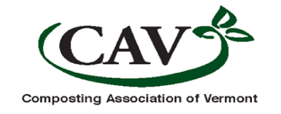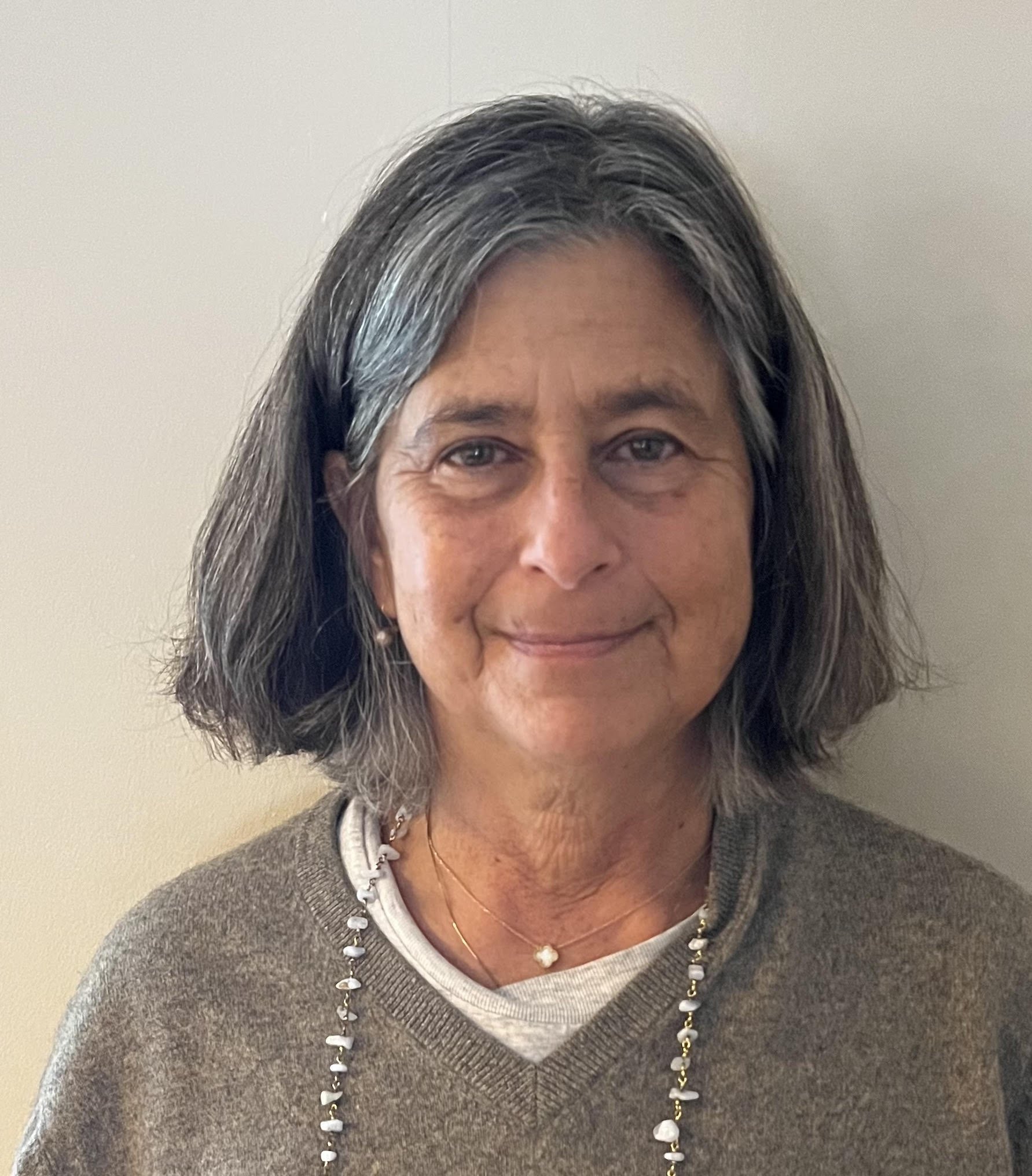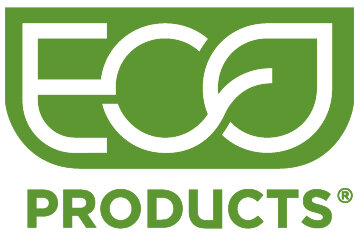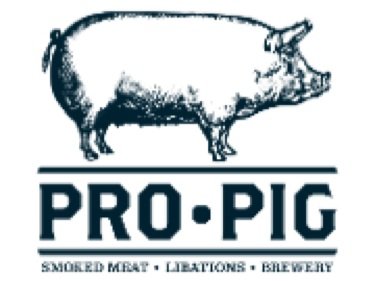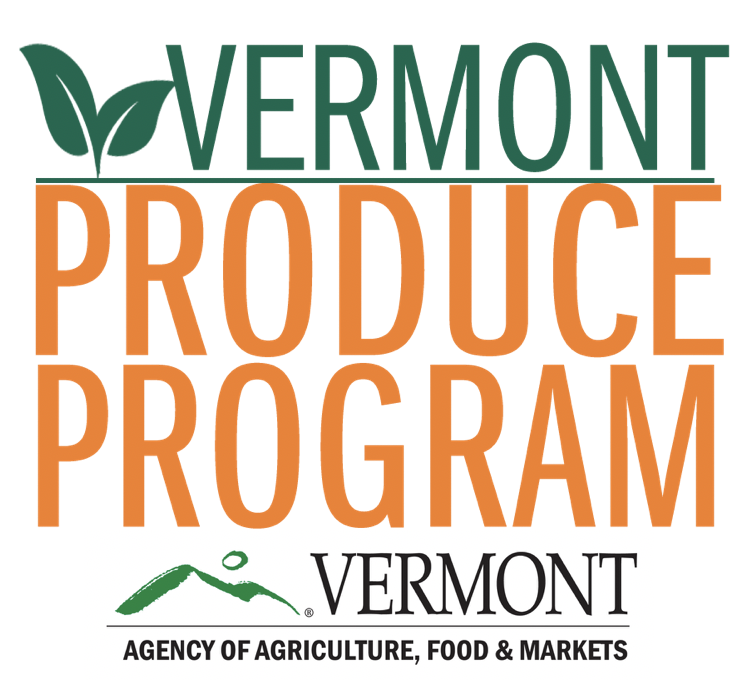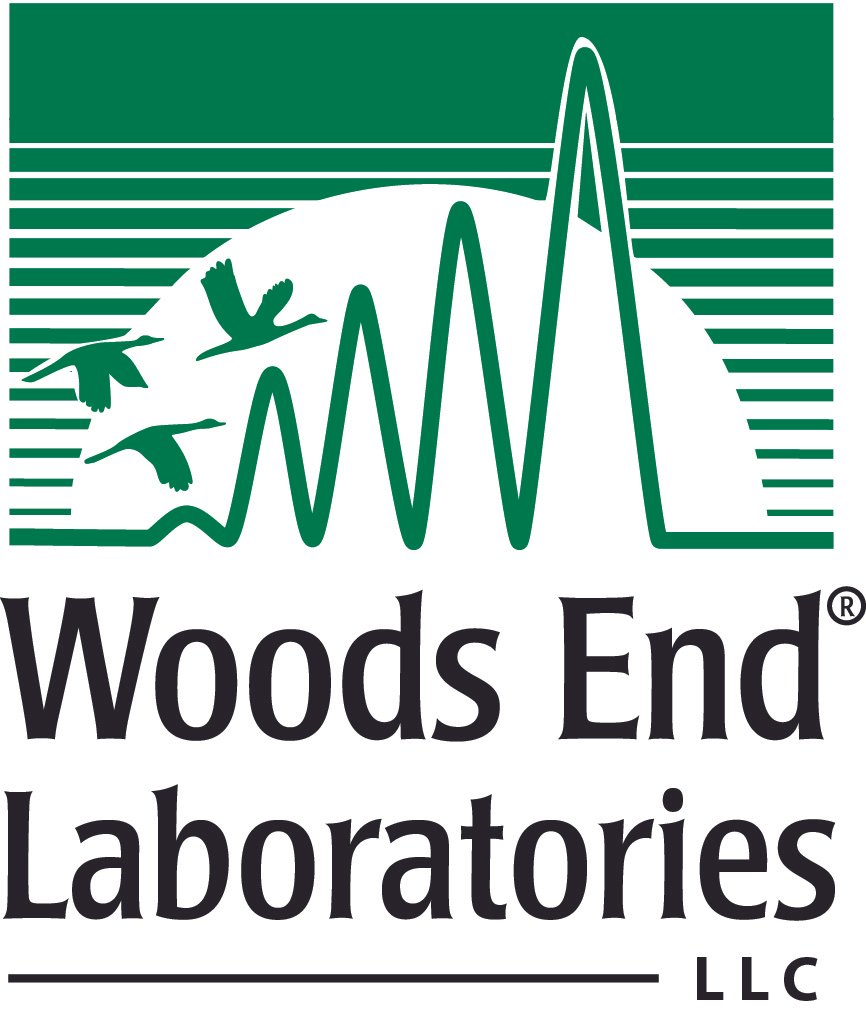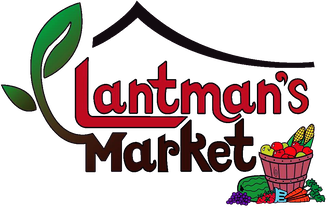Keynote Speaker: Dr. Sally Brown
Dr. Sally Brown is a Research Associate Professor in the School of Forest Resources at the University of Washington in Seattle and a Fellow in the Soil Science Society of America. She was recently appointed to the USDA Committee on Urban and Innovative Agriculture and writes the Connections column for Biocycle. Sally focuses on soil amendments, in situ remediation, and carbon sequestration. With her research partners, she has worked on studies involving soil health, climate change mitigation, biosolids recycling, and wastewater treatment. She contributed to ILSR's Compost Climate Connections Webinar Series (Compost Sequesters Carbon & Delivers Other Ecosystem Benefits) and co-authored CREF's publication The Compost & Climate Connection. Her field studies and papers on the carbon storage potential of soils applied with organic residuals are available here. She has authored dozens of published papers on the benefits of compost.
Session Presenters:
Alex Lacy is the Outreach Coordinator at WSWMD, a CAV board member, and works as a native plant landscaper. She is passionate about all facets of the waste cycle and how we interact with it. A core belief of Alex’s is that the more we lean into the systems we have created for the movement of stuff, food, soil and beyond, the more we feel connected to each other and ourselves and can effect positive change. Lean in, folks!
Alissa White is American Farmland Trust’s New England Deputy Director. Her research places farmers as central agents in creating solutions to pressing challenges facing agriculture, and her work has explored agricultural resilience to climate change in the northeastern US, the provisioning of ecosystem services from alternative soil and nutrient management strategies, and the role of farmer networks in supporting farmers’ capacity to adapt to new challenges. She holds a Ph.D. in Plant and Soil Science from UVM, an MS in Agroecology from UVM, and earned her BA in Environmental Studies from UC Santa Cruz.
Andrew Carpenter is a certified soil scientist, certified crop advisor and certified nutrient management planning specialist. Andrew has been recycling organic residuals and developing recycling programs for materials that have not historically been reused since 1992. He has extensive experience in research, planning and handling technical issues related to the reuse of organic residuals. Andrew received an M.S. in Plant, Soil and Environmental Science at the University of Maine. He founded Northern Tilth, LLC an environmental consulting firm focusing on organic waste management and building soil health, in 2003. Andrew is currently a trustee of the Compost Research and Education Foundation (CREF).
Bo Meisl co-founded Soil Cycle BTV, a Burlington-based network of food activists, gardeners, death workers, cyclists, and neighbors alike. Soil Cycle BTV started as a neighborhood-scale compost pilot that has since evolved to include resource recovery beyond residential food scraps. With the support of local contractors, Soil Cycle BTV and Compost
Brian Jerose has been President of Agrilab Technologies Inc. (AGT) since 2012. Based in Vermont, Brian works on a range of environmental and agricultural projects, with a focus on compost aeration and heat recovery (CAHR) systems. AGT has equipment installations in VT, NY, NH, MA, CT, CA, MT and MI, and has provided technical and consulting services to state, national and international clients. Brian is a founding Board member of the Composting Association of Vermont and currently serves as VP. He is also a Board member for the Missisquoi River Basin Association. He has a BA in Political Science from SUNY Geneseo and a MS in Environmental and Resource Engineering from SUNY College of Environmental Science and Forestry. Brian lives in Fairfield, VT with his wife Joanna and daughters Maya and Lucy.
Caleb Goossen started as the Organic Crop Specialist for the Maine Organic Farmers & Gardeners Association (MOFGA) in 2018 after receiving his PhD in agronomy from the University of Vermont. Prior to that he farmed for nine years in Vermont, worked at Vermont’s oldest nursery, and had brief horticultural adventures in Belize and New Zealand.
Cat Buxton is a busy cross-pollinator and change facilitator from Sharon, VT. Her business is Grow More, Waste Less. She is an effective and enthusiastic educator, collaborative community organizer, and advocate for food system change and a Just Transition. She talks incessantly about soil, compost, bugs, and plants. Her latest endeavor is the Super Compost Project. She is all about connecting the social mycelium to empower individuals to affect the necessary changes to restore health to people and planet.
Dan Goossen started at Intervale Compost in 2003 and has been managing the compost operation at the CSWD Organics Diversion Facility since 2008. Dan spends a lot of time with people and working with numbers, but is most happy at work on those occasions when he gets to climb a mountain of compost, or spend a day screening a finished pile. When not at work, Dan enjoys beekeeping, growing food, and spending time with his family.
David Velez Alexander is the founder of TAWA Compost Food Rescue and is a serial entrepreneur who started at the young age of 8 years old in his business pursuits selling popsicles. After spending years focusing on a bicycle business manufacturing tools and unobtainable vintage bicycle components, David became interested in food rescue, formulating the idea of TAWA Compost Food Rescue after volunteering with Food Forward and LA Compost. He realized that there was a disconnect between food rescue and the composting process and believed he could create a significant impact by marrying the two. TAWA Compost went on to win funding from the US Composting Council in 2022 and has grown into a thriving climate-impacting initiative by inspiring new composting businesses to launch food rescue operations.
Eamon Twohig joined the Vermont Department of Environmental Conservation in 2012 and holds the unofficial record of serving in the greatest number of Divisions over the shortest time. In 2017, he enlisted with the Waste Management & Prevention Division as the manager of the Residuals Waste & Emerging Contaminants Program. Chief among the duties of this Program is ensuring that the beneficial reuse of residual materials, such as biosolids, is performed in a matter that protects the environment and human health. A major focus of the Program is to assist the State with investigations and regulatory response to per and polyfluoroalkyl substance (PFAS) contamination in our environment. Prior to working for the State of Vermont, he conducted research at the University of Vermont (UVM) focused on reducing pollutant and excess nutrient loading to surface and ground waters via innovative, low-cost technologies, such as constructed wetlands and phosphorus-sorbing filters. Eamon has a Master’s degree in Plant & Soil Science from the University of Vermont and a Bachelor’s degree from Vassar College. He lives in Burlington, VT with his family and enjoys the mountains, lakes and streams (of delicious beer) synonymous with the Green Mountain State.
Elly Ventura has been a part of the materials management industry for over ten years. As the Resource Recovery Manager for World Centric, she brings a varied professional background to advance the understanding of certified compostables as a solution to climate and plastic crisis. As the Outreach Manager in north central Vermont, she was chiefly involved in bringing a commercial composting facility online to help meet the requirements of the Universal Recycling & Compost law. Prior to that, Elly started her career in higher education and advanced through various departments before landing in Sustainability. She holds a BA in Athletic Training & Psychology and a master's degree in Exercise Science. Elly earned a Certified Composting Professional through the US Composting Council in 2022 and serves in an advisory capacity for several state composting councils, including the Composting Association of Vermont.
Emma Stuhl works with a team in the Vermont Dept. of Environmental Conservation’s (ANR/DEC) Waste Management and Prevention Division to help all of Vermont recycle better, compost more, and reduce and manage materials and waste. Before joining DEC, Emma worked as an ecologist, a program coordinator, and an environmental and sustainability educator throughout the northeast.
Eve Izewski is fueled by an unwavering passion for cultivating a thriving food system, recognizing that it all begins with the vitality of the soil. Eve firmly believes in our inherent connection to nature—we are not merely observers but an integral part of the natural world. With her uncommon thinking, Eve brings a distinctive approach to holistic nutrition, weaving together the intricate tapestry of soil health and personal well-being.
Jane Lazorchak began her career in public service with the Vermont Fish and Wildlife Department. Throughout her 15 years with the Department, Jane served in various roles, most recently as the Public Land Section Chief, where she conserved more than 10,000 acres of public land and oversaw public land management for the Department. In early 2020, Jane stepped into a new role working as the Director of the Global Warming Solutions Act (GWSA). As the Director, Jane worked closely with the Climate Council to stand up Vermont’s Initial Climate Action Plan in December of 2021. The plan speaks to how the state will cut our emissions while investing in our rural communities to adapt to climate change, build resilience and enhance the sequestration of our working and natural lands. As Vermont now stands up a Climate Action Office, Jane directly oversees the policies, programs and tools needed to implement climate mitigation, adaptation, and resilience strategies. The Vermont Office of Climate Action coordinates and provides significant expertise and capacity on state-led climate initiatives, as well as the monitoring, assessment and tracking of climate adaptation, mitigation, and resilience activities necessary to evaluate progress over time in achieving the requirements of the GWSA through implementation of the Plan. Jane has a Master of Science from the Ecological Planning Program at UVM.
Jim Stiles has been experimenting with producing Johnson-Su compost at his home in St. Albans for about ten years. He has a BS in Environmental Science and Ecology from Marlboro College. After graduating, Jim established and ran an alternative energy store in Brattleboro. His experiences include working in IT and product support roles, fire sprinkler system design, volunteering with Greenpeace (including crewing on the original Rainbow Warrior), and participating in a number of Greenpeace campaigns, including a large acid rain protest and protesting whaling in Peru. Throughout this, Jim has undertaken diverse personal projects, ranging from helping set up and run the first solar greenhouse conference (at Marlboro College in 1978) to building a prototype small boat designed for efficiency, an electric car, writing and publishing a climate change-themed novel, and many others. Current projects include chairing the St. Albans City Climate and Energy Committee, and building an innovative electric guitar.
John Culpepper co-founded Compost for Good to help communities around the world to upcycle all appropriate organic materials to: reduce greenhouse gas emissions; keep resources in local communities; create business opportunities; help solve water quality issues; and lower the cost of food and fiber production. John has worked in education, farming, facilities management, and research.
Joshua Faulkner is a Research Associate Professor and coordinates the Farming and Climate Change Program in the UVM Extension Center for Sustainable Agriculture. He does applied research and outreach on soil, water, and nutrient-related issues across the state and provides technical assistance to farmers on practices and innovative solutions to improve the management of these resources. His work spans from the farmstead to the watershed scale.
Juliana Beecher is an Oak Ridge Institute for Science and Education (ORISE) Fellow at the EPA, working on sustainable management of food in the Office of Resource Conservation and Recovery. Prior to joining the EPA, Juliana worked for a non-profit in the biosolids/wastewater sector. She holds a MA in environmental anthropology from The New School for Social Research and has worked across the food system, from vegetable farms to cheese cellars to composting.
Kate Michalak is a middle school teacher currently taking a break and working full-time supporting various projects within her kids’ 3 different public schools. She has a masters in public health. Combined with her preventative health training and experience in the schools as an employee and a parent, she is currently focusing on ways to improve the schools’ impact on the environment.
Kevin Pedretti has been working in and around food waste recovery and organics preprocessing since 2013. In his role as Business Development Manager for Scott Equipment, he specializes in process development for organics recovery equipment, including depackaging machines. One of those leading families of machines, The Turbo Separator was introduced in 1993 and has sold over 400 units around the globe. At their headquarters in Minnesota, they continue to develop new processing equipment for the challenges in the industry, like microplastics.
Lana Coppolino Suárez is the Associate Manager in the Materials Management Branch and leads the Sustainable Management of Food efforts, under the Sustainable Materials Management Program at the Environmental Protection Agency (EPA). Lana joined the agency in 2004 and previous to her present position, she supported federal agencies to meet sustainability goals, coordinated federal partnerships for urban waters, and reviewed pesticide labels. Lana served as a Peace Corps volunteer in Nicaragua from 2000 – 2003. She attended the University of Michigan, School of Natural Resources & Environment and received academic training in Environmental Policy and Behavior.
Lauren Hoade, a native New Englander (Maine), worked predominantly in media (branding and communications) before leaving the corporate ranks for the nonprofit world. She has recently completed master's certificates in Sustainable Behavior and Sustainable Business practices. Lauren and her family live in Decatur, Ga.
Linda Norris-Waldt is Deputy Director and Director of Advocacy and Chapter Relations for the US Composting Council, a national trade organization that advocates for the commercial composting industry. She was director of recycling for Frederick County from 1989-1999, and is a board member of the MD-DC Composting Council Steering Committee and Maryland Compost Advocacy Coalition. She is part of the Frederick Compost Workgroup, a citizens advocacy group for composting and food waste in Frederick County. She lives in Middletown MD.
Majestic Terhune is an Associate Planner at the Upper Valley Lake Sunapee Regional Planning Commission based in Lebanon, New Hampshire. She has overseen a variety of programs, including those that advance food waste initiatives. Majestic has worked with municipal staff, school district staff, and local residents to envision (and get excited about!) composting in New Hampshire.
Mari Omland grew up in the hills around Rutland and returned to Vermont with her wife Laura Olsen to establish GreenMountain Girls Farm, wanting to help our species eat more responsibly! Created in 2009, diversity helps us restore land that had not been farmed in 60 years. We use multi-species grazing, intensive plant nutrition (fertigation and farm-wide foliar), ripsowing and other organic methods to substantially increase the life and depth of our soils. On-farm compost production turns waste into fertility but improvements in these systems are needed and underway with the support of CAV and an inspiring cohort of participating farmers. Prior to farming Mari enjoyed a decade of work with Conservation International, including supporting the establishment of Kakum National Park in Ghana, as well as ecoregion priority setting in West Africa and with the Appalachian Trail Conservancy.
Maryam Nouri Aiin is an entomologist specializing in Integrated Pest Management with a PhD that focused on genetic and ecological aspects of invasive pheretimoid earthworms, Amynthas agrestis, Amynthas tokioensis, and Metaphire hilgendorfi. Her research on invasive earthworm species includes their population structure, reproductive systems, and the physical properties of soils altered by their activities. Maryam has explored biocontrol methods for managing these jumping worms, including using Beauveria bassiana, an entomopathogenic fungus, as a potential biocontrol agent. Her work contributes to our understanding of invasive species, ecological interactions, and sustainable pest management.
Mike Dorion loves food and grocery stores just cannot match the tastiness from his grandma’s garden. He believes that many people from his generation have missed out on precious skills that were not passed down. His passion is around soil and soil health. Mike believes we need to get our hands in the soil and reconnect with nature.
Natasha Duarte is the Director of the Composting Association of Vermont (CAV). She represents CAV in policy initiatives, develops and leads outreach and education initiatives, and promotes the production and use of compost as vital to soil health through practices that contribute to water quality, plant vigor, and environmental resilience. Natasha has extensive experience working with rural and small communities to plan and implement solid waste management projects, developing training tools and resources, and delivering training and technical assistance. She is an instructor for UVM's Master Composter Program and is currently leading a USDA-funded project that supports community-oriented food scrap composting on farms. Natasha has an MS in Soil Science from North Carolina State University and a BA in Anthropology from the University of Vermont.
Pam Bryer is the new Agrichemical Toxicologist with the Vermont Agency of Agriculture, Food, & Markets. In that role, she helps multiple programs assess risk from a wide array of chemical inputs. Her background is in environmental toxicology, and she has experience in academia, industry, and, most recently, in government as a science advisor to a pesticide regulatory board.
Penny Miller has lived in Underhill and enjoyed gardening for most of the 40+ years she has been in Vermont. Upon retirement from her architectural career in 2020 and especially with the identification of Asian Jumping Worms on her forested property, Penny has enthusiastically launched into citizen science. After watching innumerable webinars, reading countless articles, and creating a number of large-scale experiments in her yard, she is beginning to develop a system for limiting the spread of Jumping Worms without losing sleep over them.
Robert Kurth is a retired engineer who's been gardening long enough to know that the secret is in the soil. Robert loves to talk about the symbiosis of plant and soil and to explain as much as we know today about the largely unseen work of soil biology.
Ryan Patch is the Agriculture Climate and Land Use Policy Manager at the Vermont Agency of Agriculture, Food & Markets (VAAFM). VAAFM facilitates, supports and encourages the growth and viability of agriculture in Vermont while protecting the working landscape, human health, animal health, plant health, consumers and the environment. Ryan is the current VAAFM designee to the Vermont Climate Council and the Vermont Housing and Conservation Board.
Sarah Hobson is an environmental engineer (M.S., E.I.T.), CAV board member, and compost researcher with an international background. Their research currently focuses on circular waste management strategies and microplastic contamination in composts across Vermont, but their previous work spans from soil microbiology and biogeochemistry to urban climate resilience. They also are working to support a Burlington community composting project, Soil Cycle BTV. They are passionate about waste reduction, circular economies, sustainable and local food systems, and community-scale composting.
Sashti Balasundaram began his career as a community composter in Brooklyn, NY and expanded his skills in academia, non-profit, and government sectors with over 15 years of experience in organics waste management, recycling, and composting. He became an entrepreneur to develop technology improving operations with efficiencies in digital data collection and remote monitoring of composting piles. WeRadiate advises and strategizes with local governments to initiate or expand organics waste programs.
Shannon Choquette started her career in materials management as Outreach Coordinator with the Northeast Kingdom Waste Management District. Now with the DEC Solid Waste Program, she has extensive experience offering in-person and virtual backyard composting workshops to Vermonters.
Susan Alexander manages the Lamoille Soil Composting Facility in Johnson, VT. Lamoille Soil was built at the location of an abandoned biosolids composting plant and it is now an award-winning compost operation selling all finished material directly back into the local community. As an early supporter of composting operations in Vermont, Susan served on the Board of Directors for the Highfields Institute and the Highfields Center for Composting and is a member of the Composting Association of Vermont. Susan received a B.S. in Soil Science from Cornell University and has spent most of her career working in water and soil quality. She completed a year-long training in Allen Savory’s Holistic Management and Regenerative Agriculture program and last year served as a member of the Vermont Farm to Plate Exchange on Soil Health, Climate, and the Environment.
Toby Alves is a Product and Zero Waste Specialist with Eco-Products covering the Northeastern United States and Eastern Canada. He is passionate about developing successful post-consumer food scrap composting programs. Toby has sold soil amendments, hauled and composted food scraps and operates a diversified farm with his family in the western mountains of Maine. He holds a Bachelor of Science degree in Horticulture and Agronomy from the University of New Hampshire and is a certified TRUE Advisor.
Tom Gilbert is the owner/operator of Black Dirt Farm in Stannard, VT. Black Dirt Farm is a diverse and integrated agroecological farm that includes food scrap collection, laying hens foraged on compost, compost and worm castings production, and crop production. Tom has been working in and managing food scrap collection and composting operations, while also working as a community organizer, for 25 years. Previously, as Executive Director of Highfields Center for Composting, Tom oversaw the organization's Close the Loop Vermont campaign, to develop community composting systems throughout Vermont, as well as its composting and collection operations, and Research and Education Program, which produced the Vermont Compost Operator Certification course.
Contact Information
Natasha Duarte, Director Composting Association of Vermont
Phone: 802.373.6499
Special thanks to:
Thanks to our Sponsors!!
Learn what the Produce Safety Rule means for your business.
